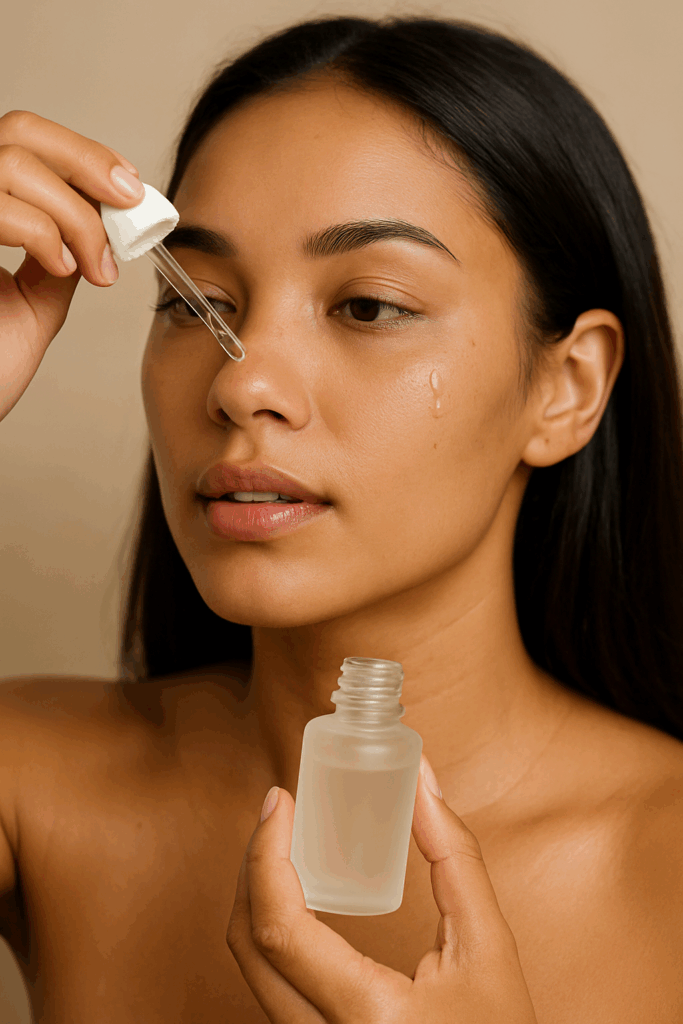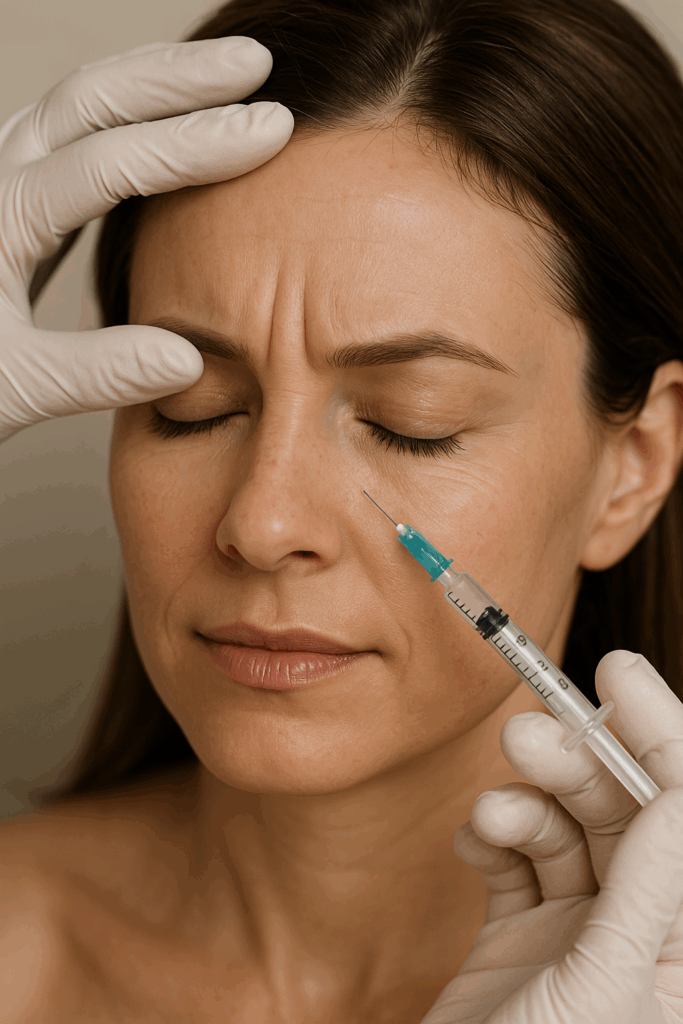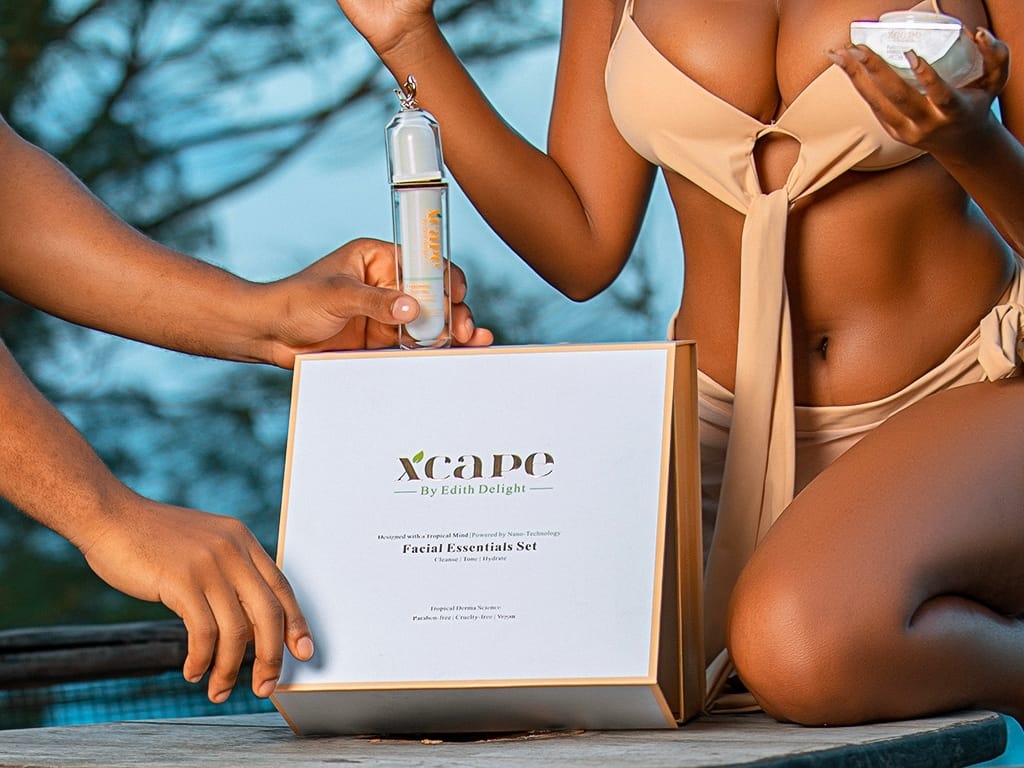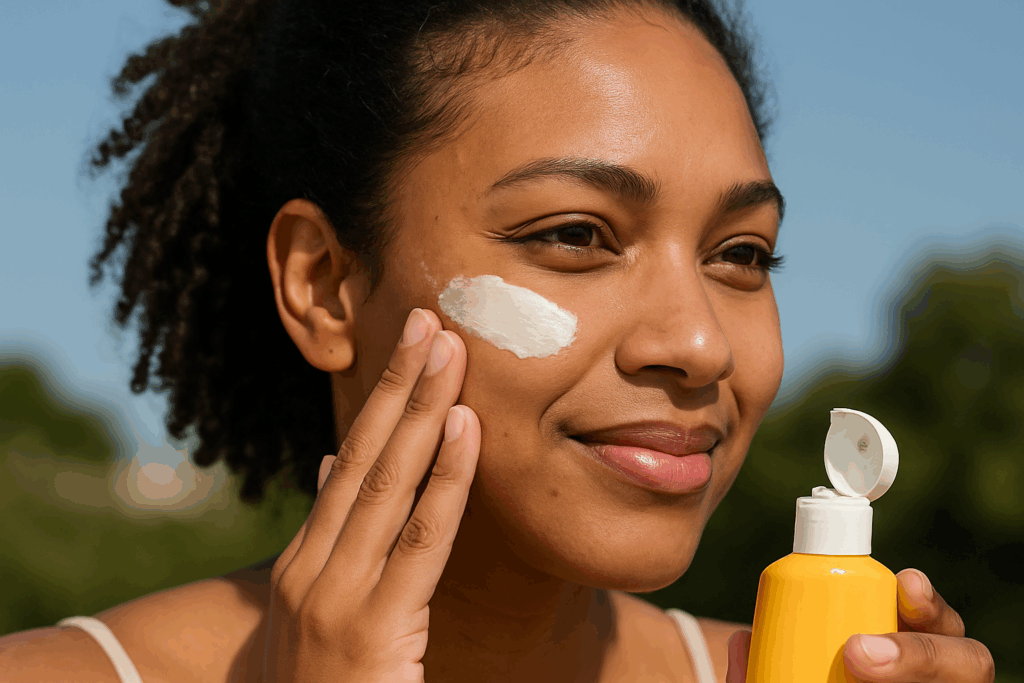Ever wondered if putting oil on your face would turn you into a glowing goddess or just leave you greasy with a face full of acne? You’re not alone! The world of oil skincare is full of big promises, centuries-old rituals, and some seriously mixed reviews. So, is oil skincare really a game-changer, or just another passing beauty trend? Let’s break down the facts, separate the science from the hype, and see if facial oils deserve a spot on your bathroom shelf.
The Ancient Roots of Oil Skincare
Oil skincare is anything but new. For thousands of years, people from diverse cultures have relied on natural oils to cleanse, moisturize, and protect their skin. Ancient Egyptians used moringa and castor oil; Greeks slathered themselves in olive oil; Ayurvedic medicine has long championed sesame and coconut oils for their healing properties. Today, oils like jojoba, argan, rosehip, and squalane are popping up everywhere from drugstore shelves to luxury skincare counters.
Why the long-lasting appeal? Oils are natural emollients, which means they can help soften and smooth the skin’s surface. Plus, their chemistry allows them to mimic or supplement our skin’s natural barrier, a key factor in healthy, youthful, and hydrated skin.
How Oil Skincare Actually Works in Your Skincare Routine
Before you grab the nearest bottle, let’s talk about how oils interact with your skin.

1. Cleansing Oils: Like Attracts Like
If you’re familiar with double cleansing or the oil cleansing method, you know the claim: “Oil dissolves oil.” This is basic chemistry in action. Many makeup products and sunscreens are oil-based, so using an oil cleanser can help dissolve and lift away dirt, makeup, and excess sebum (your skin’s natural oil) without stripping your skin dry.
Research suggests that when used correctly, cleansing oils can be effective and gentle, even for sensitive skin. They work best when massaged onto dry skin, then rinsed with water or wiped away with a soft cloth.
2. Moisturizing Oils: Sealing in Hydration
While oils themselves do not add water to your skin, they do help seal in moisture. They help lock in added moisture by supplementing the natural oils of your skin barrier. Whether through damage caused by UV exposure, overexfoliation, or aging, your barrier will become more permeable. And as it becomes more permeable, you are more likely to experience a phenomenon called transepidermal water loss or TEWL. Oils in your skincare routine act like a topcoat that prevents water loss. Oils rich in fatty acids, like argan or rosehip, can support barrier repair for dry or irritated skin.
3. Oils and Acne: Friend or Foe?
Some oils can indeed clog pores, especially if you have oily or acne-prone skin. But not all oils are created equal. Non-comedogenic oils (like squalane, hemp, or grapeseed) are less likely to cause breakouts. In fact, some studies suggest certain oils (such as tea tree oil) have antibacterial properties that might help manage acne when used in moderation and appropriate formulations. It is important to note that in their pure form, oils, especially essential oils, can be very sensitizing and irritating to skin. So it is important to patch test them and use them cautiously and with research.
The Research Behind Oil Skincare Benefits
You’ve probably seen lots of “miracle oil” claims, but what does science actually say?
Bottom line: While oils aren’t magic bullets, the right oil can support skin health as part of a well-rounded skincare routine. They are not going to replace all of your skincare actives as a miracle ingredient, but they can help.
Debunking Common Oil Skincare Marketing Claims

Let’s be honest: the beauty industry loves a buzzword, and “oil” is no exception. Here’s how to spot marketing hype versus real science:
- “All-natural means safer.” Not always true. Natural oils can still cause allergic reactions or irritation. Patch test before slathering on a new oil.
- “Oil skincare is anti-aging.” While antioxidants in oils can help reduce some signs of aging, they aren’t a substitute for sunscreen, retinoids, or a full anti-aging routine.
- “Oils are a cure for acne.” Some oils may help, but others can make things worse. Look for non-comedogenic labels, and don’t ditch your dermatologist-recommended treatments.
Most importantly, not all oils are right for every skin type. “Non-comedogenic” oils are less likely to clog pores, but always check ingredient lists and listen to your skin.
How to Add Oil Skincare to Your Routine (Without the Grease)

Ready to try oil skincare? Here’s how to do it the science-backed way:
- Choose the right oil for your skin type.
- Dry/Sensitive: Try squalane, argan, or rosehip oil.
- Oily/Acne-Prone: Look for lightweight, non-comedogenic oils like grapeseed or hemp seed oil.
- Combination: Jojoba oil is a great “universal” option, as it closely matches the skin’s own sebum.
- Start slow and patch test.
- Apply a drop or two on your inner arm or jawline first to check for reactions.
- Apply moisturizing oils as the last step (or mixed with moisturizer).
- After cleansing and moisturizing, smooth a few drops of oil onto damp skin to lock in hydration.
- Don’t skip sunscreen.
- Oils don’t protect against UV damage. Always finish your morning routine with SPF.
- Stick to topical products.
- Evidence supports topical use for skin benefits. There isn’t strong research for oral supplements or DIY blends for skincare.
The Takeaway: Is Oil Skincare Right for You?
Oil skincare can be a simple, effective way to boost hydration, support your skin barrier, and even remove stubborn makeup. The key? Find the right oil for your unique skin and use it as part of a balanced routine. However, it is not a magic fix for every skin concern.
If you’re new to oil skincare, start with a gentle, non-comedogenic oil and patch test first. Your skin will tell you if it’s happy or not!
References
Lin, T. K., Zhong, L., & Santiago, J. L. (2017). Anti-Inflammatory and Skin Barrier Repair Effects of Topical Application of Some Plant Oils. International journal of molecular sciences, 19(1), 70. https://doi.org/10.3390/ijms19010070







